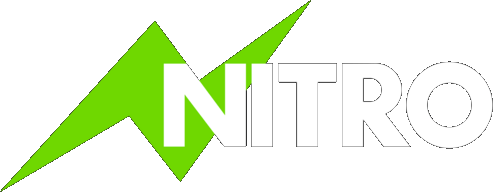🔥 Free 25% more CPU for all Accounts!
If you’re looking to turbocharge your WordPress site, OPcache is a must-have tool. By leveraging OPcache, you can achieve page load speeds up to three times faster, enhancing the user experience and potentially boosting your SEO performance.
What is Caching?
Caching is a technique used to speed up your website by storing copies of your site’s files in a server’s memory. When a user visits your site, these cached files are delivered quickly, bypassing the need for the server to generate the page content from scratch every time.
Imagine it like this: Once you’ve memorized a phone number, you can recite it instantly, rather than looking it up every time you need it. Similarly, caching enables your server to ‘memorize’ your site’s content, making subsequent page loads much faster.
There are various types of caching, including:
- Browser Caching: Stores web files on a user’s device.
- Site Caching: Saves entire pages or specific elements.
- Object Caching: Retains database query results for quick retrieval.
- Opcode Caching (like OPcache): Caches precompiled PHP scripts.
Implementing multiple caching methods can significantly enhance your site’s speed and performance.
What is OPcache or PHP Opcode Caching?
OPcache is incredibly effective for PHP-based websites like WordPress. It works by compiling your PHP code into machine-readable code (called opcode) and storing this in your server’s memory.
The first time a PHP script runs, it’s compiled and saved in memory. On subsequent visits, the server pulls the precompiled script from memory, drastically reducing load times. This is especially beneficial for sites with heavy PHP usage, as it eliminates the need to parse and compile scripts repeatedly.
How PHP Opcode Caching Works
When a visitor accesses a page on your WordPress site, the server checks if the necessary PHP script has already been cached. If it’s not, the server parses and compiles the script into opcode, which is then saved in memory. For future requests, this cached version is used, significantly speeding up the process.
OPcache vs. APC and Xcache
OPcache is part of the PHP core as of PHP 5.5, making it the recommended choice for most WordPress sites. While other options like APC (Alternative PHP Cache) and Xcache exist, OPcache is widely supported and maintained, offering a stable and efficient caching solution. APC was once popular but has since been overshadowed by OPcache, especially as PHP has continued to evolve.
Will OPcache Speed Up My WordPress Site?
Yes, especially for medium to large WordPress sites with numerous PHP scripts. OPcache can dramatically reduce page load times, making your site more responsive. Even on smaller sites, OPcache is beneficial, though the performance gains might be less noticeable. The slight increase in memory usage is negligible and shouldn’t cause any issues, regardless of your site’s size.
More Information
- https://php.net/manual/en/book.opcache.php
- https://docs.wp-rocket.me/article/673-what-is-opcache
- https://xcache.lighttpd.net/
Wrapping Up
For most WordPress users, OPcache is a game-changer in terms of speeding up site performance. If your server is running PHP 5.5 or above, you’re already benefiting from OPcache’s capabilities. For those on older PHP versions, following the manual installation steps outlined above will help you unlock this powerful feature.
Remember, faster load times not only improve the user experience but can also lead to better search engine rankings and higher conversion rates. Don’t overlook the importance of a well-optimized site—OPcache is an essential tool in achieving that.
This rewritten article emphasizes the importance of OPcache while explaining its benefits and how to set it up, aligning with Neil Patel’s engaging and informative style.
